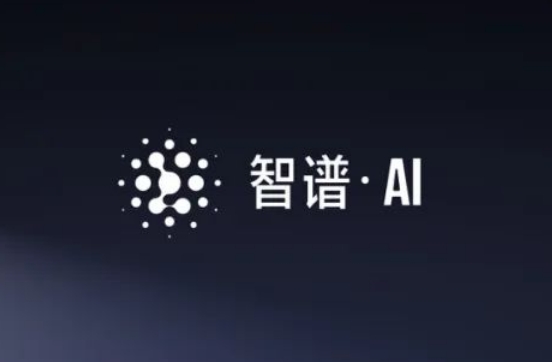On April 3rd, Baidu officially launched PaddlePaddle 3.0. This new version represents a complete evolution in design philosophy, particularly catering to the development and inference needs of large models. It offers five core features, aiming to be a leading deep learning framework. With the widespread application of large models across various industries, deep learning frameworks are becoming increasingly crucial, and PaddlePaddle 3.0 is designed to meet this demand.
Firstly, PaddlePaddle introduces "dynamic and static unified automatic parallelism" technology, significantly reducing the development and training costs of large models, allowing algorithm innovation to focus on core value creation. Furthermore, its "training and inference integration" design breaks down the barriers between training and inference. Through deep optimization, the framework supports high-performance inference for multiple open-source large models, even achieving significant performance improvements on the DeepSeek V3/R1 platform.

In the field of scientific intelligence, PaddlePaddle 3.0 focuses on exploring scientific frontiers, such as improving the speed of solving differential equations. Thanks to high-order automatic differentiation and neural network compiler technology, the framework's solution speed is, on average, 115% faster than the compiled PyTorch version. Additionally, PaddlePaddle has extensively adapted to mainstream open-source scientific computing tools like DeepXDE and Modulus, becoming the default recommended backend for DeepXDE, further expanding its application value in fields such as weather forecasting, life sciences, and aerospace.
In terms of computing performance, PaddlePaddle 3.0, through its self-developed neural network compiler CINN, significantly improves computing speed. Performance tests on the A100 platform show that the running speed of compiled operators has increased by 4 times, and in experiments using more than 60 models, over 60% of models showed significant performance improvements, with an average improvement of 27.4%.
Furthermore, PaddlePaddle 3.0 introduces a multi-chip unified adaptation solution, building an "one-time development, full-stack deployment" ecosystem. It currently supports over 60 chip series. Developers only need to write one piece of code to run it smoothly on different chips, enabling cross-chip migration of business. As of October 2024, the PaddlePaddle Wenxin ecosystem has gathered 18.08 million developers, served 430,000 companies, and created 1.01 million models, demonstrating its strong market influence.
PaddlePaddle 3.0 is now open to developers and is compatible with the 2.0 version's development interface, providing developers with more choices and convenience.









